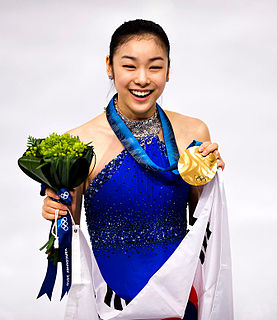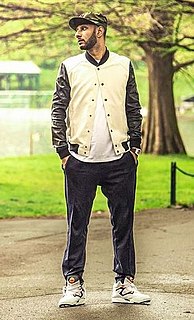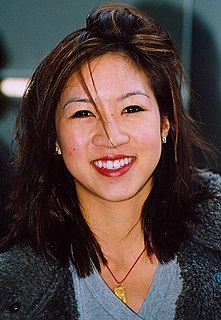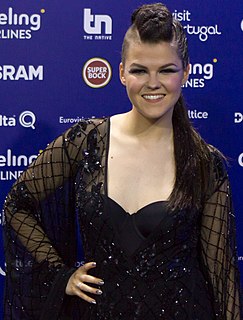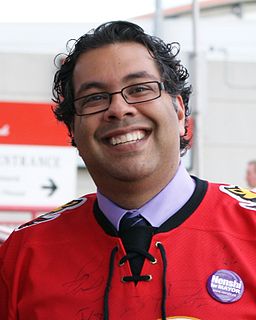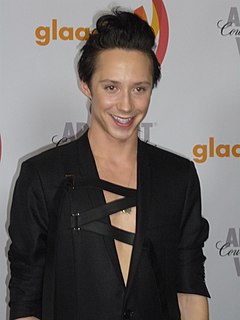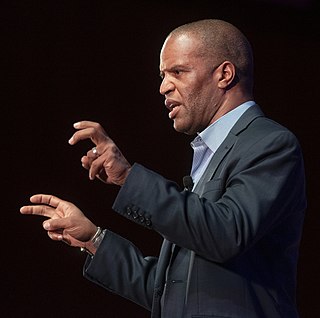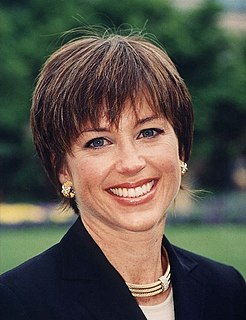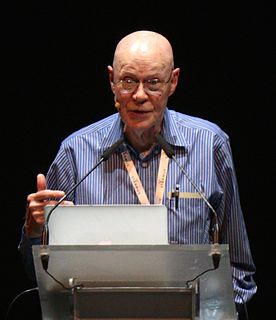A Quote by Kim Yuna
During my early skating years, there were not many ice rinks in Korea, and even the few rinks that existed, most of them were public.
Related Quotes
[on going to Sunday school:] It looks like rain, and I hope it will rain cats and dogs and hammers and pitchforks and silver sugar spoons and hay ricks and paper-covered novels and picture frames and rag carpets and toothpicks and skating rinks and birds of paradise and roof gardens and burdocks and French grammars before Sunday school time.
I attended public school in Houston. I took piano lessons for several years, and in high school, I played trombone in the marching band. I remember especially enjoying two seasonal activities: ice skating with the Houston Figure Skating Club in the winter and visiting an aunt and uncle's farm in West Texas in the summer.
